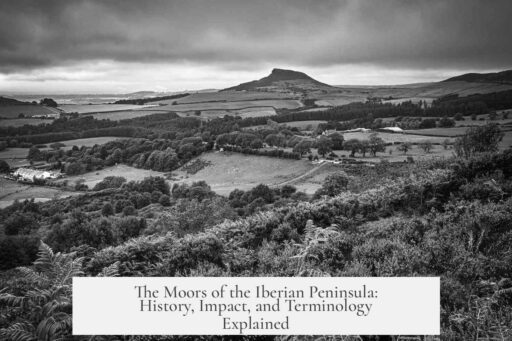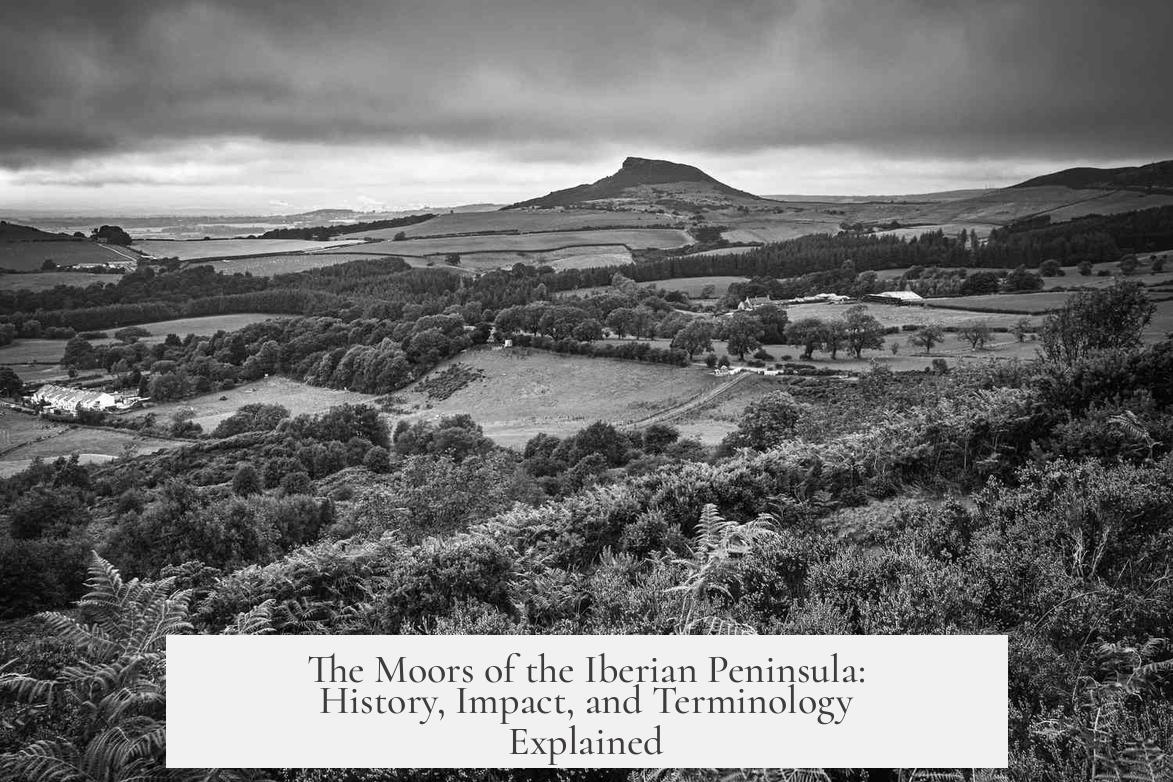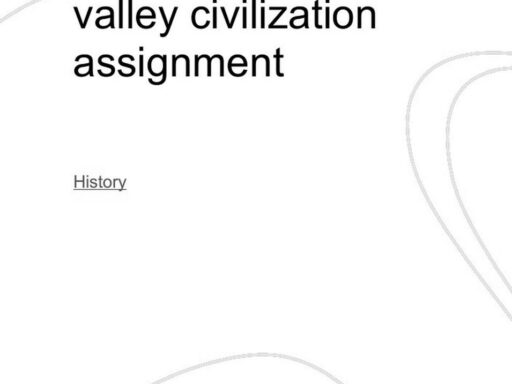The Moors were North African Muslims from the region historically called Mauretania, encompassing parts of modern Morocco and Algeria. They occupied the Iberian Peninsula from the early 8th century until the late 15th century. The term “Moor” is used instead of “Muslim” because it denotes an ethnic and geographic identity, not solely religious affiliation.
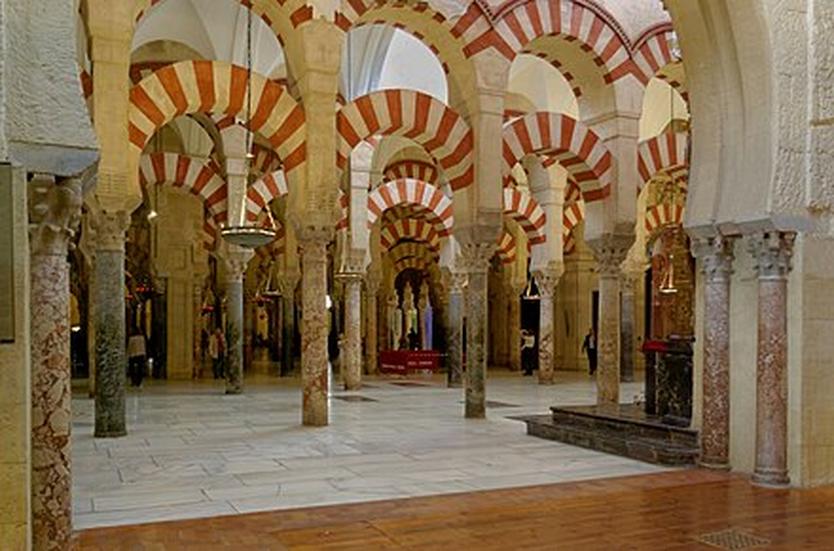
The word “Moor” originates from the Latin “Mauri,” the Roman designation for inhabitants of Mauretania. The Greeks possibly influenced the term through the word “μαύρος,” meaning “dark,” reflecting the darker skin tones of these North African peoples. Over time, Europeans used “Moor” broadly to describe people of Arab or African origin, especially from North Africa.
The Moors were primarily Arab and Berber Muslims who invaded and settled in parts of Spain and Portugal, transforming the cultural and scientific landscape of the region. They introduced advanced knowledge in mathematics, engineering, and architecture. Iconic landmarks like La Mezquita in Córdoba showcase Moorish architectural influence.

It is essential to distinguish “Moor” from “Muslim.” “Moor” is an ethnic or national term referring to the North African origin of these people, while “Muslim” denotes any follower of Islam regardless of ethnicity or nationality. Therefore, not all Muslims are Moors, and not all Moors were simply identified by their religion.
The Moors significantly contributed to Europe’s development during the Middle Ages. Their presence in Iberia facilitated cultural exchange and trade with the broader Islamic world. The Reconquista culminated in 1492 when the last Moorish kingdom of Granada fell, coinciding with Columbus’s voyage to the Americas.

In modern Spain, the word “Moor” (Moro) still exists but often carries derogatory connotations toward people of North African descent, mainly Moroccans.
- The Moors were North African Muslims of Arab and Berber origin who ruled parts of Iberia.
- “Moor” refers to ethnicity and geography; “Muslim” refers to religion.
- They introduced advanced science, architecture, and trade links to Europe.
- The term persists today, sometimes with derogatory use in Spain.
Who Were the “Moors” Who Once Occupied the Iberian Peninsula, and Why Is the Word “Moor” Used Instead of Muslim?
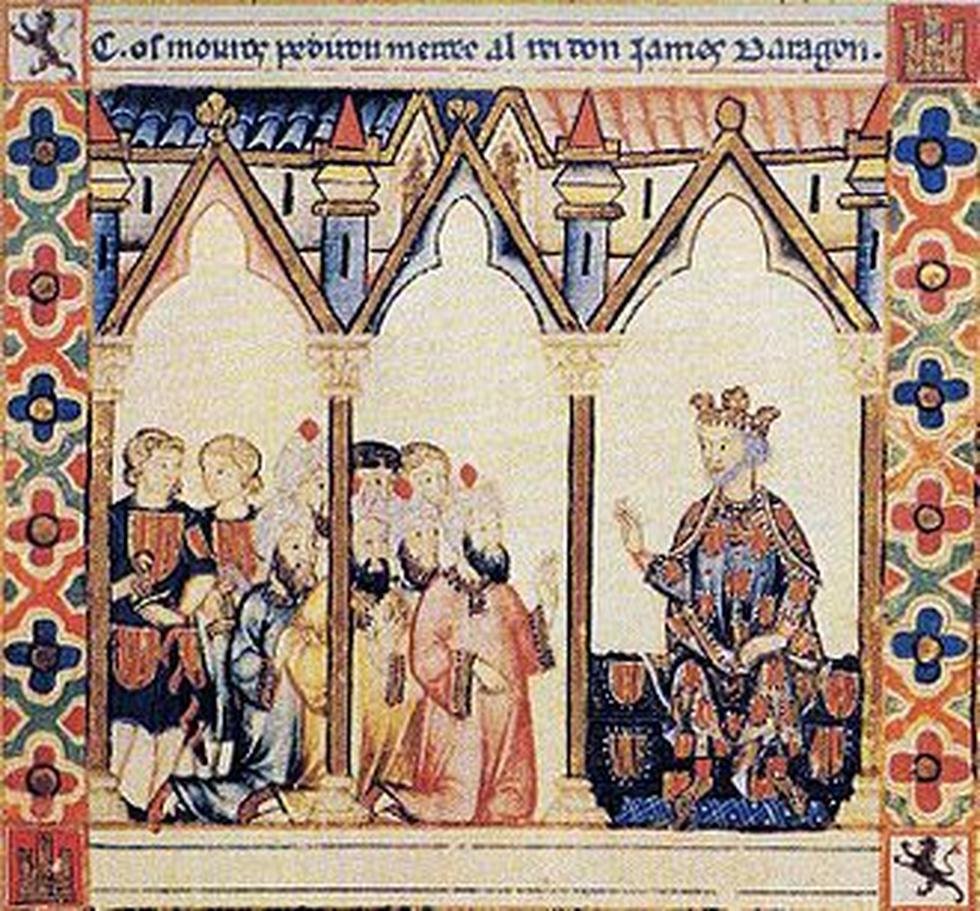
The Moors were North African Muslims, specifically Arabs and Berbers from the region historically known as Mauretania, who occupied large parts of the Iberian Peninsula from the early 8th century to the late 15th century. This distinction is crucial because the word “Moor” refers to their ethnic and geographic origin, while “Muslim” describes their religious faith. Confusing these terms can blur history’s rich tapestry.
Let’s unravel the story behind the Moors.
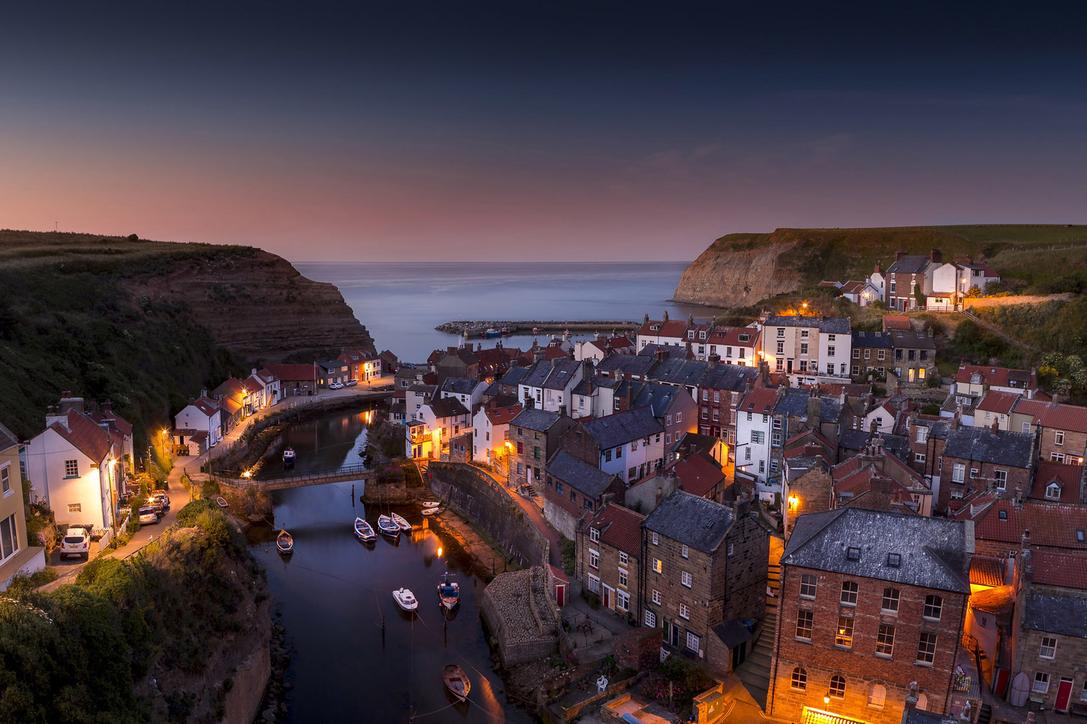
Where Does the Word “Moor” Come From?
Centuries before the Moors arrived in Spain, the Romans called the area in and around modern Morocco Mauretania, and its inhabitants were known as the Mauri. This Latin root gave us the word “Moors.” So, the term originally identified people from a specific part of North Africa—not just any Muslim who showed up on the Iberian Peninsula.
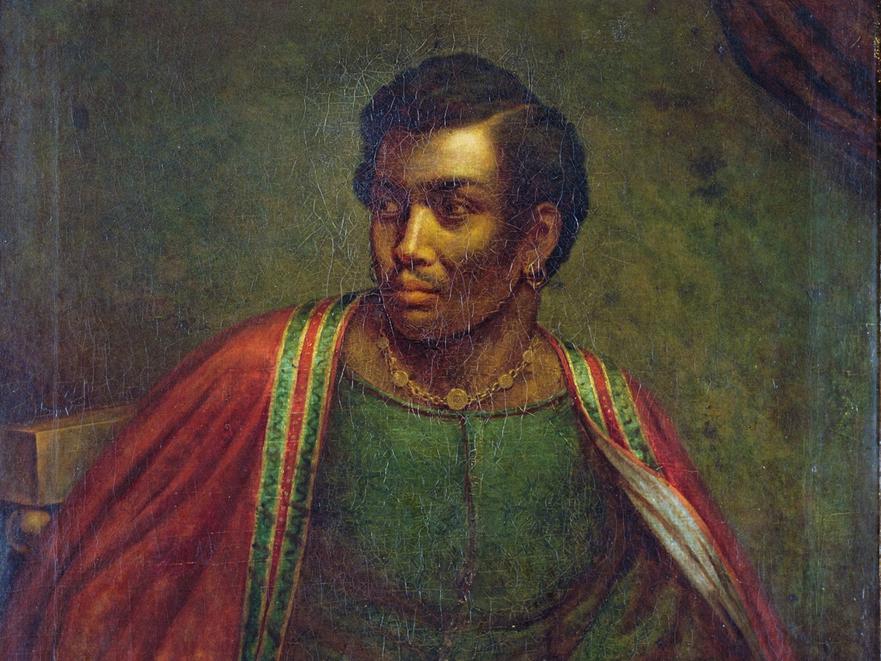
Interestingly, the Greek word μαύρος (pronounced “mavros”), meaning “dark,” might have influenced this term. It makes sense, given the North African origin and the lighter skin tones prevailing in Europe at the time. The name Mauritania, the modern country just south of Morocco, harks back to this era. It’s a linguistic echo from the ancient world.
Moors Versus Muslims — What’s the Difference?
The confusion often arises because all Moors were Muslims, but not all Muslims were Moors. “Muslim” is a religious term for anyone who follows Islam, a faith originating in the Arabian Peninsula in the 7th century.
On the other hand, “Moor” is an ethnic and regional identifier. It labeled the North African peoples—mainly Arabs and Berbers—who crossed into Spain in 711 AD and established powerful kingdoms there. So, the word “Moor” tells you who they were; “Muslim” tells you what they believed.
A simple analogy? Think of “Jewish” as both an ethnic and religious identity, versus “Christian,” which is purely religious. The Moors were ethnic groups who also practiced Islam, which means their identity can’t be boiled down just by their faith.
Who Were the Moors, Really?
The Moors weren’t a single, homogenous group. They were a blend of North African Berbers and Arab conquerors, bringing their culture, religion, and skills with them. This mix contributed to their strength and resilience during their centuries-long presence in Iberia.
Picture them as pioneering scholars, engineers, traders, and architects. They didn’t just occupy land; they transformed it. Their rule created a vibrant cultural fusion that profoundly shaped Spanish society.
What Did the Moors Bring to Spain?
Here’s one of the coolest parts: the Moors introduced Europe to some of the finest technology, art, and science of their time.
Advanced mathematics? Check. Ingenious engineering? Definitely. Stunning architecture? Absolutely. The La Mezquita in Córdoba stands as a breathtaking testament to their artistic legacy. It’s a mosque-turned-cathedral that perfectly showcases their architectural genius. Without the Moors, much of this would never have landed in Europe.
They shared knowledge of irrigation systems, astronomy, medicine, and philosophy. They maintained extensive trade with the wider Muslim world, opening Spain beyond Europe’s usual borders. Europeans absorbed this knowledge piece by piece, which fueled the Renaissance centuries later.
Their cultural and technological gifts to Europe had a butterfly effect: each innovation traveled beyond Iberia, shaping global history. The last Moorish stronghold, Granada, fell in 1492—the same year Columbus sailed west. Coincidence? Or a baton pass between eras? You decide!
Why Still Use “Moor”? Is It Politically Correct?
Here’s the catch: in modern Spain, “Moor” (or Moro in Spanish) sometimes carries a derogatory edge. It’s a slang term often applied negatively to north Africans, especially Moroccans. So, while historically accurate, the word has baggage in everyday language.
That said, historians continue to use “Moors” carefully and contextually. They highlight identity and cultural heritage rather than a label of faith or a racial slur.
Understanding this helps avoid sloppy generalizations. Calling Muslims “Moors” today is inaccurate and insensitive. Yet, when referring to those specific medieval North African groups who impacted Iberian history, “Moors” is the right term.
Final Thought: Why Does This Matter?
Knowing who the Moors really were clarifies a critical chapter in European and Islamic history. It challenges the lazy shorthand that lumps diverse peoples under vague terms. It helps us appreciate cultural exchanges rather than conflicts alone.
Next time you talk about the Moors, consider this: you’re naming a group that once transformed an entire continent’s outlook with knowledge, art, and faith. They were neither mythical nor monolithic. They were complex people whose legacy still shapes Spain in visible and invisible ways.
Would you rather call them by their ethnicity, their faith, or both? Each choice changes the story you tell—and how history remembers them.
Summary Table: Moor vs Muslim
| Term | Meaning | Scope | Example Usage |
|---|---|---|---|
| Moor | Ethnic and geographic identity | North African Arabs and Berbers in medieval Iberia | The Moors built the Alhambra in Granada |
| Muslim | Religious follower of Islam | Worldwide, any person practicing Islam | Muslims pray five times a day |
Who knew words could carry such historical weight?
Who were the Moors who occupied the Iberian Peninsula?
The Moors were North African Muslims of Arab and Berber descent. They controlled parts of Spain and Portugal from the 8th to the 15th century.
Why is the word “Moor” used instead of “Muslim”?
“Moor” refers to the ethnic origin of people from North Africa and Iberia. “Muslim” refers to anyone who follows Islam. The terms describe different aspects: ethnicity versus religion.
What is the origin of the word “Moor”?
The word “Moor” comes from the Latin “Mauri,” naming inhabitants of Mauretania, a region in North Africa near modern Morocco. It also links to the Greek word for dark.
Did the Moors contribute to European culture?
Yes, the Moors introduced advanced knowledge in math, engineering, art, and architecture. Their influence can be seen in landmarks like La Mezquita in Spain.
Is the term “Moor” still used today?
In Spain, “Moor” (or “Moro”) is still used, often as a derogatory term for North African people, especially Moroccans.
